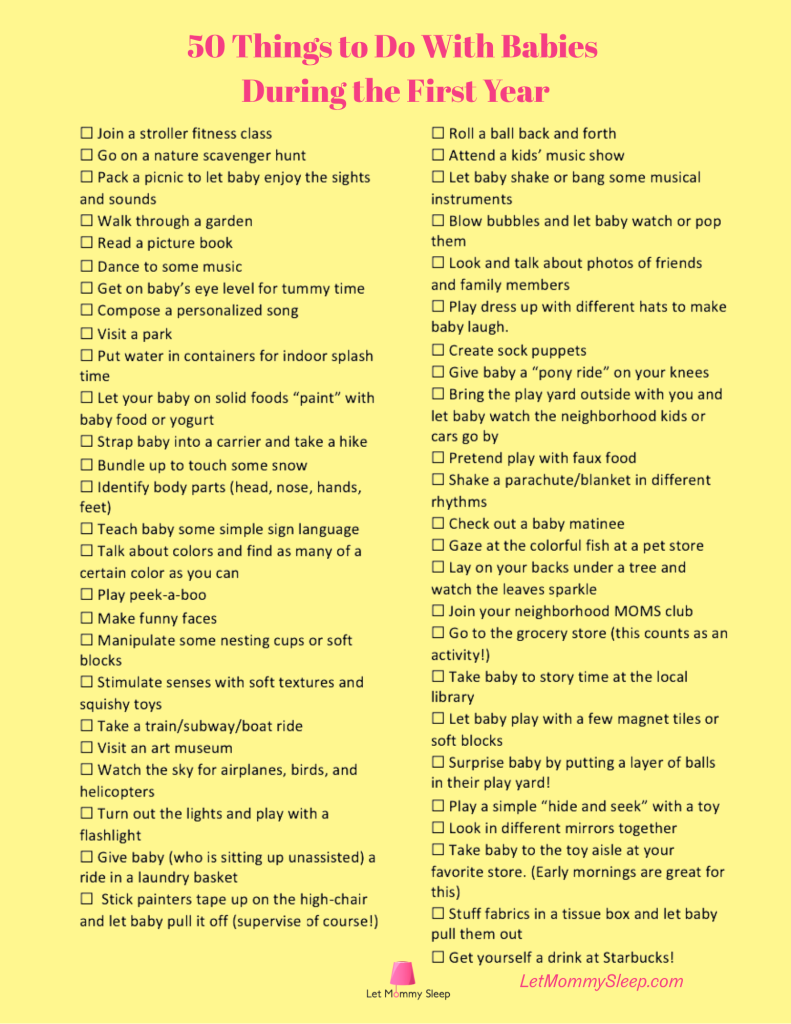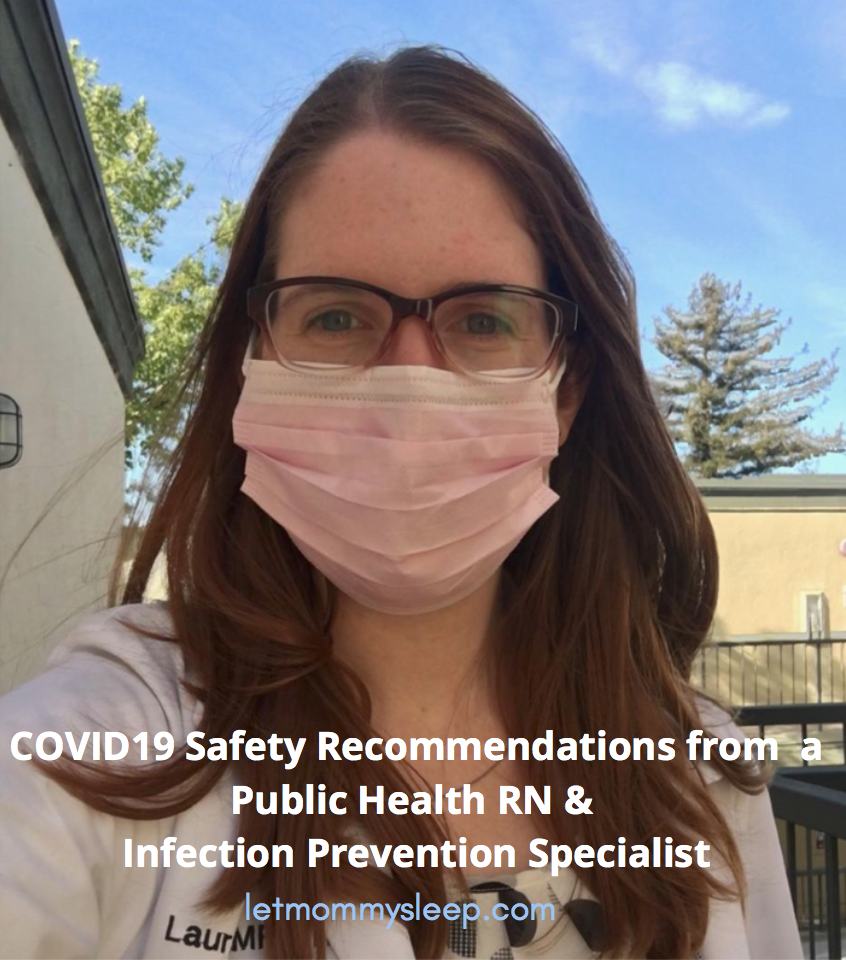updated December 29, 2023 What Foods Should Be Avoided When Breastfeeding? is a common question for night nurses and lactation counselors. As the primary food source for their baby, it’s natural that a parent would worry that the foods they eat could irritate their newborns stomach, or affect milk production. But don’t worry, the short answer is that you can eat almost anything!

How Does What I Ingest Affect My Baby?
Conventional wisdom keeps reinforcing the myth that spicy foods, gassy foods and acidic ingredients ingested by a breastfeeding mom make a fussy baby. But this is just not true. Breastmilk is made from what passes into your bloodstream, not from what goes into your stomach or digestive tract. That’s why ingesting alcohol and then breastfeeding affects your infant, but eating spicy Tandoori does not.
For example, broccoli and cruciferous vegetable are known for making people feel a little gassy. But, while broccoli may make your stomach feel gassy, it does not affect your newborn or infant. KellyMom explains: Neither the gas nor the undigested carbohydrates (whose breakdown can cause gas in mom) pass into mom’s blood, so it is impossible for these things to pass into your milk to make your baby gassy.
Breastmilk is made from what passes into your bloodstream, not from what goes into your stomach or digestive tract.
What Foods Should Be Avoided When Breastfeeding?
Jordan Seidel is a Certified Lactation Counselor (CLC) at Stone Springs Hospital. Here she breaks down foods that can affect breastmilk:

Most breastfeeding mothers can really continue to eat as they normally do, unless baby has symptoms of a sensitivity. Sensitivities are rare but symptoms can include: excessive gas or spitting up, colic, rashes or diarrhea. The key to healthy eating while nursing is moderation, having a well balanced diet, and having an additional 330-400 calories a day. Breastfeeding is a lot of work so your body needs the calories as fuel!
There are a few substances to be aware of when breastfeeding:
- Caffeine – Caffeine may affect your baby if ingested in larger quantities, meaning about 3 or more 8 ounce cups per day. However, most experts agree that having 1-2 cups of coffee/soda per day will not affect your infant’s mood or ability to sleep. This is especially true if you consumed caffeine during pregnancy. Again, moderation is the key to staying healthy and balanced when consuming caffeinated beverages.
- Seafood – The CDC and others recommend being particular about eating seafood. While it’s a great source of protein and essential nutrients, most fish does contain mercury which can be passed through the breastmilk. Too much can affect the brain and nervous system of the breastfed baby.
- Alcohol– We know that alcohol passes through the bloodstream and into breastmilk. If you’re breastfeeding and would like to drink alcohol, it’s important to know that giving your body enough time to break down alcohol is the best way to lower blood alcohol content.
Are there foods that help me while I’m breastfeeding?
There is no evidence that one specific food will increase a mom’s milk supply across the board. But that doesn’t mean you can’t help milk production. Proven ways to increase milk production are stimulation and feeding at the breast and pumping often. The nature of breastfeeding is supply and demand, so the more demand you put on your body, the more supply your body will make.
More good news is that there are many foods that affect mother’s milk and health in a positive way! Oatmeal for example is high in iron and protein and usually has a calming, cozy association to boot. While we search and search for reasons baby may be fussy, your own diet is not usually the reason.
Hydration also plays a huge role in breast milk production. Help your body by taking in lots of healthy fluids throughout the day.







